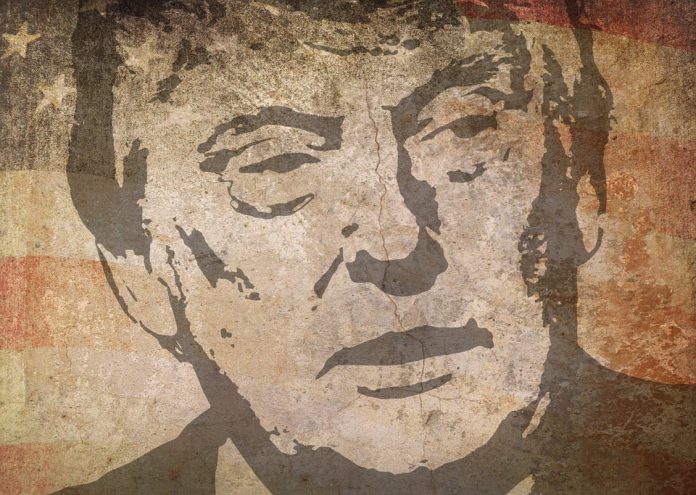Deutsche Bank has come under fire for failing to inform federal financial crime watchdogs in regard to suspicious transactions involving Donald Trump and his son-in-law Jared Kushner.
AML specialists at the bank reportedly advised executives to report a number of transactions involving legal entities owned by the pair, according to a report from the New York Times. However, Deutsche Bank executives rejected the advice and failed to report the activity.
A number of transactions, including some from Trump’s now-closed foundation, allegedly triggered alerts in money laundering systems. Following this, members of the compliance team reviewed the transactions and compiled a suspicious activity report for the Treasury Department, the article states.
Exact details of the deals were not disclosed, but it is believed some involved the transferring of money back and forth between overseas entities or individuals considered suspicious by the bank.
While the transactions are alerted as suspicious, it does not necessarily mean they are illicit, as a number of real-estate developers make large cash-deals outside of the US and typically require AML checks, it said. Although, some former Deutsche Bank employees have stated this was not the case for this incident and was a reflection of the bank’s relaxed mentality towards money laundering laws and protecting relationships with good clients.
A Deutsche Bank representative has declined the suspicions, stating that no investigator was prevented from escalating the said activity.
Additionally, a spokeswoman from the Trump Organisation stated they had no knowledge of ‘flagged’ activity and it currently has no operating accounts with Deutsche Bank.
This report comes shortly after Deutsche Bank revealed it had been using faulty software for screening suspicious activity.
Earlier in the year, Germany’s financial regulatory authority BaFin extended its mandate on Deutsche Bank. Originally, the mandate was deployed to prevent money laundering and terrorist financing by requiring the bank to review its group-wide risk management processes.
This action was taken due to its involvement within the $200bn Danske Bank money laundering scandal. Deutsche Bank has reportedly served as a correspondent bank and helped transfer funds.











